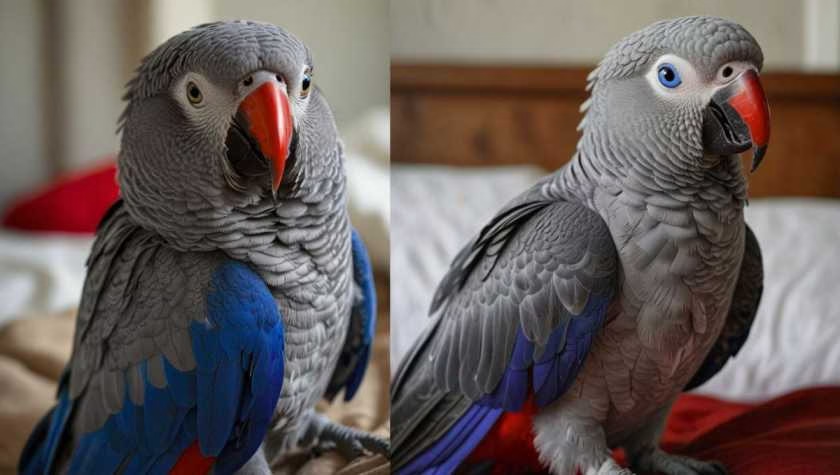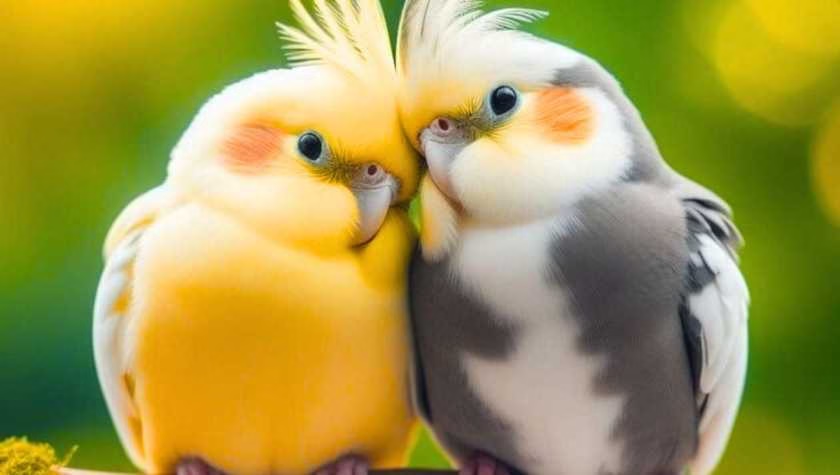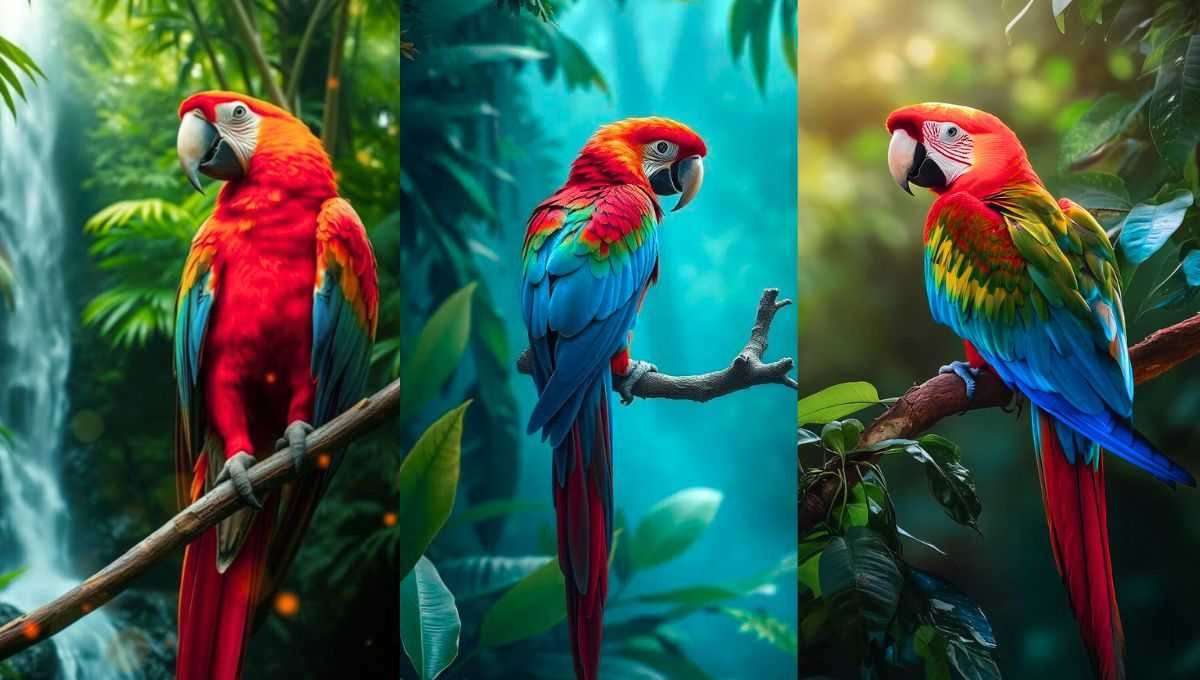Discover the ultimate guide to Parrot Care by Species: African Grey vs Macaw vs Cockatiel. Learn about diet, cage size, social needs, and health tips for each parrot species. Perfect for beginners and experienced bird lovers.
Introduction to Parrot Care by Species
Parrots are not just pets, they become like members of our family. However, each species has its own temperament, diet, sociality, and care needs. So, the Parrot Care by Species: African Grey vs Macaw vs Cockatiel guide will help you understand the differences in care for each species.
African Grey Parrot Care – Smart but Sensitive

African Grey parrots are known as the Einstein of the Bird World. They are highly intelligent, but also sensitive.
African Grey Diet
The African Grey’s diet should include fresh fruits, vegetables, quality parrot pellets, and a few nuts. A monotonous or fatty diet can harm their mental health.
Cage Size & Environment
This species requires a large and open cage. Toys, wooden perches, and chew toys should be kept in the cage. Care should be taken to avoid boredom in the environment.
Training & Social Needs
African Greys require regular interaction with humans. Spending time with their owners, teaching them to talk, and keeping them busy with toys are essential for their mental stimulation.
Common Health Concerns
This species of parrot is easily stressed, so caution should be exercised when changing their environment. Regular veterinary advice is necessary.
Macaw Parrot Care – Colorful Giants
Macaw parrots are large, colorful, and social birds. They are more suitable for experienced owners.
Macaw Diet & Nutrition
Macaws should have a diet that includes high-quality pellets, fresh fruits and vegetables, and adequate nuts. Their large size requires a high calorie intake.
Housing & Play Area
Macaws require a spacious cage that allows them to spread their wings. They should also be given free-flight or play opportunities outside the house.
Read More:- Are Parrot and Parakeet the same? Find the differences here
Training & Bonding
Macaws are very social. They can become aggressive if not given sufficient time and daily training. Bonding should be developed through hand-holding and play.
Health & Enrichment
Macaws need wooden toys because of their strong beaks. They get bored easily, so mental stimulation should be provided.
Hi We have a fresh article on 'Macaw vs Parrots' recently published on our blog, You can read that too.
Cockatiel Parrot Care – The Beginner’s Choice,

Cockatiel are small parrots, which are easy-to-care for beginners.
Cockatiel Diet
A balanced diet of seeds, pellets, fruits and vegetables is essential for Cockatiels. Eating only seeds can cause health problems.
Cage & Toys
Although Cockatiels are small, they still need a spacious cage. Perches, toys and hanging things should be placed in the cage. It is important to clean the cage regularly.
Training & Whistling Skills
Cockatiels get used to people quickly. Companionship, teaching them to whistle and raising them on their hands keep them mentally active.
Health & Cleanliness
Cockatiels are generally healthy. However, maintaining cleanliness and a balanced diet is very important. It is a good idea to have a vet checkup at least once a year.
Comparison: African Grey vs Macaw vs Cockatiel
| Characteristics | African Grey | Macaw | Cockatiel |
|---|
| Size | Medium | Large | Small |
| Intelligence | Very High | High | Medium |
| Noise Level | Medium | High | Low |
| Dietary Needs | Balanced, Low Fat | Balanced, High Calorie | Light, Balanced Diet |
| Sociability | High | Very High | Medium-High |
| Care Difficulty | Medium-High | High | Easy |
How to Choose the Right Parrot Species for You
If you are a new parent, a Cockatiel is the best.
If you can give it the time and experience, an African Grey will impress you.
If you have the space, budget and experience, a Macaw will be the most colorful companion.
Read more :- Top 5 Most Popular Dog Breeds in 2025
Final Thoughts on Parrot Care by Species
Parrot Care by Species: African Grey vs Macaw vs Cockatiel This guide will help you understand the differences in care for the three species. With the right diet, ample space, mental stimulation and regular veterinary advice, you can give your beloved bird a healthy and happy life.

Hi readers. I’m Piyali Batabyal, a passionate blogger who loves to share her thoughts, ideas, and experiences across a variety of topics—from lifestyle and beauty to personal growth and creativity. With a curious mind and a love for words.
Alongside my writing, I am also a professional makeup artist with a flair for enhancing natural beauty and creating transformative looks.

